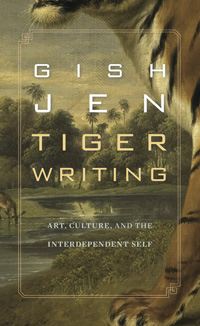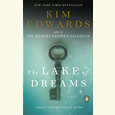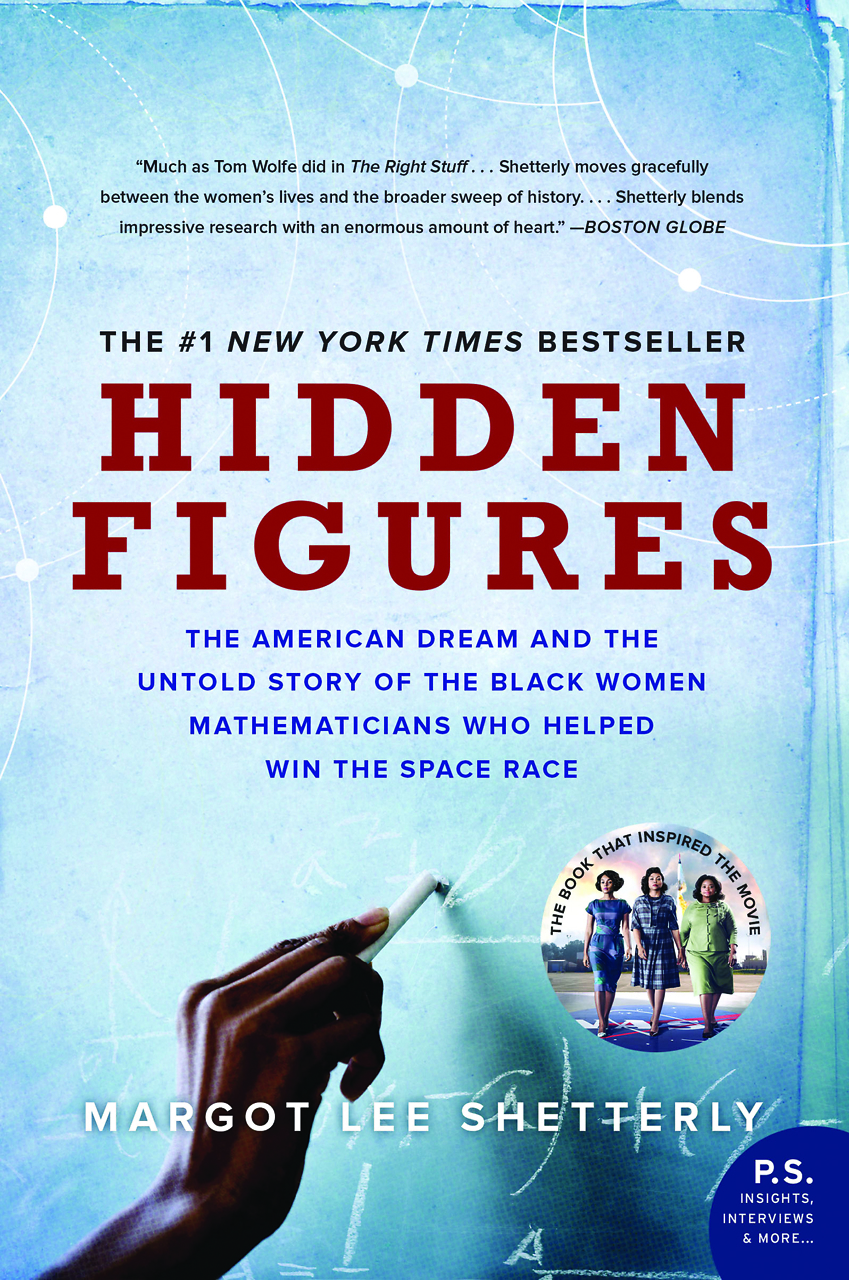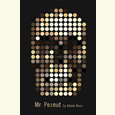“Give Me My Daily Wickedness”
Celebrated novelist Gish Jen talks with Chapter 16 about truth-telling and the project of fiction
A prolific writer known for exploring multiculturalism with keen intelligence, grace, and humor, Gish Jen is the author of four novels, a short-story volume, and, most recently, a nonfiction book created from the talks she gave at Harvard University in 2012 as part of the William E. Massey Sr. Lectures in the History of American Civilization. Jen’s acclaimed work has been widely published in magazines and anthologies, including The Best American Short Stories of the Century, and hailed as “hopeful and smart” (The New York Times), “sharply funny and wisely compassionate” (Booklist), and “bursting with wit, yearning and truth” (Junot Diaz).
Jen answered questions from Chapter 16 via email:
Chapter 16: This passage in your first novel, Typical American, describes one of the Chinese immigrants: “He was not what he made up his mind to be. A man was the sum of his limits: freedom only made him see how much so. America was no America.” In interviews and essays, you’ve talked about your experiences as the daughter of Chinese immigrants, including ways in which you have invented yourself. How have the limitations and expectations you were born with served you as a writer?
Jen: I do have to point out first that that line in Typical American is followed by an image of freedom and possibility that militates against it. I did mean it to be read in context, that’s to say, though please not to feel bad: you are hardly the first to quote it solo. Looking back, I can see that I assumed more interdependence of audience than l might have.
As for the role to which life seemed to have assigned me, that was what Philip Roth might have called an “amiable irritant.” Not being what I would have chosen, it galvanized me, not only to consider what I would have chosen, but to choose that, to make my life into something else. What’s more, it gave me a perspective on things—especially on America—that turned out to be revealing and even liberating for some. It seems to me today that I was born to limits that begged to be shown laughable.
Chapter 16: You’ve said that in hindsight you recognize your teenaged act of self-naming (from Lillian Jen to Gish Jen (after the silent film star Lillian Gish), as the first sign that you would be a writer. How was that act a portent for your career?
Jen: It was the first sign that I was not afraid to go out on a limb.
Chapter 16: Following four novels and a story collection, your 2013 nonfiction book, Tiger Writing, marks a departure for you. Can you speak to the differences between producing imaginary and factual (or, rather, research-based) narratives?
 Jen: I have done a great deal of research for my fiction as well as for Tiger Writing, so it wasn’t much of a change to be digging around in preparation for the work itself. And, to my surprise, the writing itself wasn’t as different as I expected, either. Of course, as Tiger Writing began as a series of lectures to be delivered at Harvard University, I had some special challenges. The work had to be a kind of triptych—three lectures that could on the one hand stand on their own and yet on the other would build on each other, so that the members of the audience could attend one, two, or all three lectures, as they liked. Also, the lectures had to be both accessible to the layperson and of interest to professors. And they had to work as a book, as the lectures in this series (the Massey lectures) have traditionally always been subsequently published.
Jen: I have done a great deal of research for my fiction as well as for Tiger Writing, so it wasn’t much of a change to be digging around in preparation for the work itself. And, to my surprise, the writing itself wasn’t as different as I expected, either. Of course, as Tiger Writing began as a series of lectures to be delivered at Harvard University, I had some special challenges. The work had to be a kind of triptych—three lectures that could on the one hand stand on their own and yet on the other would build on each other, so that the members of the audience could attend one, two, or all three lectures, as they liked. Also, the lectures had to be both accessible to the layperson and of interest to professors. And they had to work as a book, as the lectures in this series (the Massey lectures) have traditionally always been subsequently published.
All of this made for much contemplation of an entirely new kind for me. However, even with these constraints, the lectures finally proved as great a discovery as fiction. Perhaps exactly because I had so much to occupy my conscious mind, my unconscious mind produced thought after thought I could not have anticipated, so that the whole process became a kind of unfolding. I don’t know that I had quite the sensation of playing that I do when I write fiction, but I was not on a death march, either. It was interesting and fun.
Chapter 16: In Tiger Writing you argue that for the majority of Chinese people “things—even literature—should be useful.” How do you reconcile that notion with writing and reading fiction?
Jen: As I am not myself Chinese, but Chinese American, I do not necessarily feel that they need to be reconciled. I think that to pique and delight is enough, though I am perhaps more than usually aware that even that can have a use of sorts. If I think of the deliciously wicked wit of a book like, say, Randall Jarrell’s Pictures from an Institution, for example, it is actually wonderfully sustaining. Probably it makes your neurotransmitters fire at an usually high rate, and probably, too, it reinforces our best selves—the part of us that knows the truth and relishes truth-telling. I don’t think that’s much in line with what the Chinese would traditionally consider “useful,” but I believe it a good thing for the world. Am I more than usually impatient with narcissistic navel-gazing in fiction? Yes. But as for any voices I may hear, even after all these years, that question the heart of the fictive project, the deepest part of me does answer, Get lost! Give me my daily wickedness, and deliver me from piousness, Amen.
[This article appeared originally on November 6, 2014.]

Sarah Norris holds an M.F.A. in creative nonfiction from Sarah Lawrence College and has reviewed books for The Daily Beast, Christian Science Monitor, San Francisco Chronicle, and Village Voice, among other publications. She lives in Nashville.





